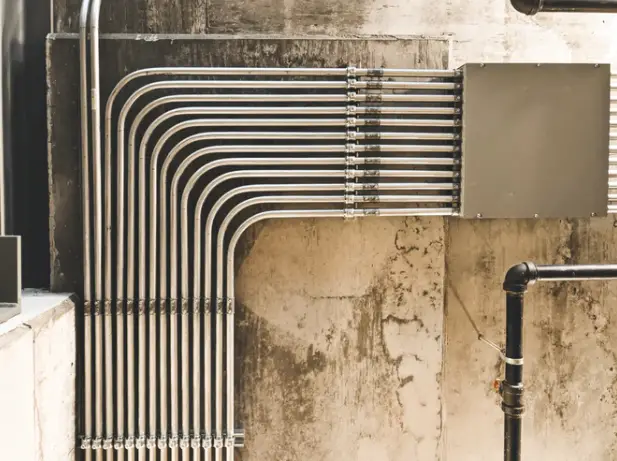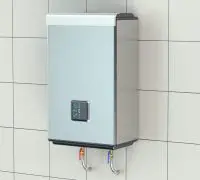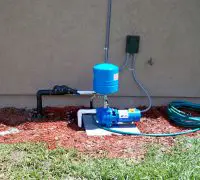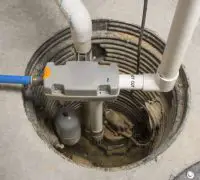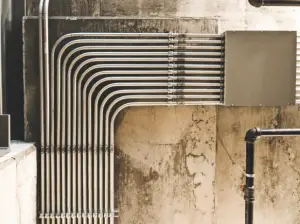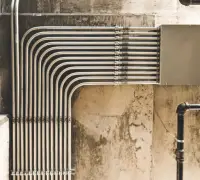Choosing a water heater for your home can be a difficult decision and it is often necessary to educate yourself on all the options before making that choice. The first thing you need to do is determine what size water heater you will need. The size needs to meet the demand that the household will impose, while not exceeding the capacity of the unit. You may also want to consider if a tankless water heating system would be better for your home than a tanked water heating system.
Page Table of Contents
Electric water heater
The electric water heater is a newer type of water heater. It can use a wire to generate heat, which is then transferred to the tank. The heat generated will be converted into thermal energy and will allow the tank’s temperature to increase. An electric water heater has two modes: heating and standby.
Electric water heaters usually have a power rating on them, so you know how much electricity it will cost you to run them.
There are two types of electric water heaters: on-demand and storage. The on-demand is usually used in a small household, typically with only one bathroom to supply hot water for because it will use more electricity to supply all the hot water needed. It heats up when you need hot water. This means that there is no storing of heated water so it uses less energy. These can be installed inside or outside your house but should never be placed near gas appliances as they could ignite them.
Electric tankless water heaters have an internal heating coil that keeps itself warm by isolating it from external air currents within a special insulation jacket around its exterior wall which shields it from ambient temperature changes. This allows it to keep producing hot water even when there is no hot water demand. Just remember that when choosing a tankless water heater, you have to consider the size of your household and how many people use hot water at once. If there are too many guests in your house, for example, it is better to invest in a storage type heater with a big tank capacity.
Gas water heater
Natural gas or propane-fired systems use natural gas or propane as fuel, where the fuel is used to create electricity that is transferred to the tank. There are two types of gas-fired systems: direct and indirect systems. The direct system fires the fuel directly inside the water tank. The indirect system transfers gas to a heat exchanger and heats it up before transferring hot water into the tank. The indirect system is better because it will not expose you or your family to harmful gases when using hot water.
Gas-fired systems require safety mechanisms so that they won’t ignite outside. This is to ensure that the tank will not explode.
When choosing a gas-fired water heater, you should make sure it has enough BTU (British thermal units) so that you can get hot water fast and effectively without waiting for long. This saves on energy costs because you don’t have to wait as long. Less heat loss is also a way of ensuring you save on energy costs.
A gas water heater should be installed by professionals to ensure safety and proper operation. These units take up a lot of space so make sure that the location you choose has enough room for one.
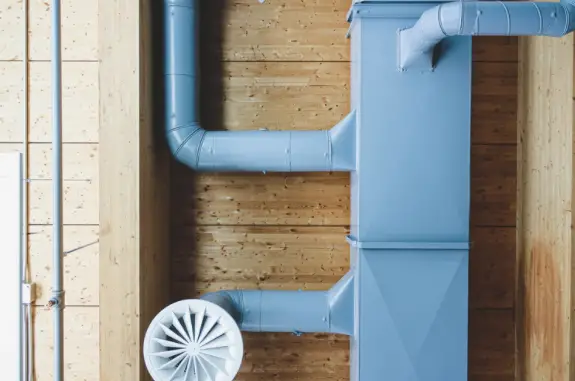
Solar water heater
Solar water heaters use the energy from sunlight to provide you with hot water. It is connected to a solar collector which absorbs the sun’s rays and transfers them into heat that will be stored in a storage tank.
Solar water heaters are small units that can be mounted on your roof or wall. They can also be suspended using cables because they are fragile. They should be installed by professionals because they will require higher safety standards and equipment than regular water heaters.
There are two types of solar water heaters: active and passive. An active unit has a pump that works with the collector to circulate water, while a passive unit only relies on natural convection from hot air that rises to transfer hot water. However, active units can be more expensive to install but are more efficient as well. Passive systems are cheap and easy to install, however, they are not as effective as active ones and therefore will take longer to heat up the water in your home.
Solar water heating is an effective way of providing you with hot water because it saves you a lot of money due to its low energy use and it contributes to the environment by reducing carbon emissions that are emitted if a traditional system would be used.
We hope this article has helped you identify the type of water heater that would suit your needs. If you have any questions, do further research online or consult a plumbing professional.
